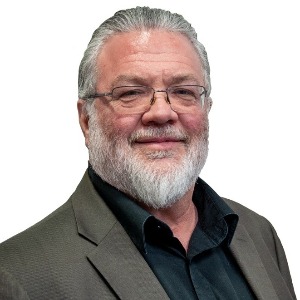Medical Anthropologists (Traditional Healing Systems)
Medical Anthropologists focusing on traditional healing systems study how different cultures perceive, diagnose, and treat illness through their own spiritual, social, and ecological frameworks. Their work involves exploring the roles of healers such as shamans, herbalists, bone setters, and spiritual practitioners, and how these figures contribute to the health and well-being of their communities. These anthropologists conduct immersive, long-term ethnographic research to understand how traditional practices are deeply intertwined with cultural identity, belief systems, and community relationships. They analyze the rituals, narratives, and symbolic meanings that shape healing experiences, offering a culturally rich perspective on what it means to be healthy or ill.
In addition to documenting and preserving these diverse healing traditions, medical anthropologists contribute to global health initiatives by promoting culturally informed healthcare delivery. They advocate for respectful integration of traditional knowledge into modern systems, especially in regions where conventional biomedical care is limited or culturally mismatched. Their research also sheds light on how traditional healing adapts to global influences, urbanization, and changing environmental conditions. Through their work, they help bridge the gap between Indigenous knowledge and contemporary health systems, ensuring that local voices are heard in policy, education, and healthcare planning. Medical anthropologists play a crucial role in building inclusive, holistic, and context-sensitive approaches to health worldwide.

Mary Jo Bulbrook
Akamai University, United States
Kenneth R Pelletier
University of California School of Medicine, United States
Gene Bruno
Nutraland, United States
Kevin KF Ng
MD Natural Care LLC, United States
Julieta Andico Songco
JAS Consulting Services, United States
Debrah Nadler
Alzheimer’s Support, LLC, United States




Title : The importance of integrating TCM with conventional medicine in the diagnosis and treatment of physical and mental exhaustion due to excess or lack of professional activity
Angela Sanda Tudor, Society of TCM from Romania, Romania
Title : Change your genes - Change your life: Sorting the hope from hype of human longevity
Kenneth R Pelletier, University of California School of Medicine, United States
Title :
Laure Le Corroller, Dr.& Master Sha Tao Academy, Canada
Title : Examining the factors that decrease and increase the effect of acupuncture
Yucel, Elonysia LLC, Turkey
Title : Pure consciousness and lifestyle practices in ayurveda — Positive epigenetic transformations
Girish Momaya, Maharishi European Research University, Netherlands
Title : Akkermansia muciniphila 001 (AKK001™) postbiotic for body morphology and metabolic indicators in an overweight population: A randomized, controlled trial
Gene Bruno, Nutraland, United States